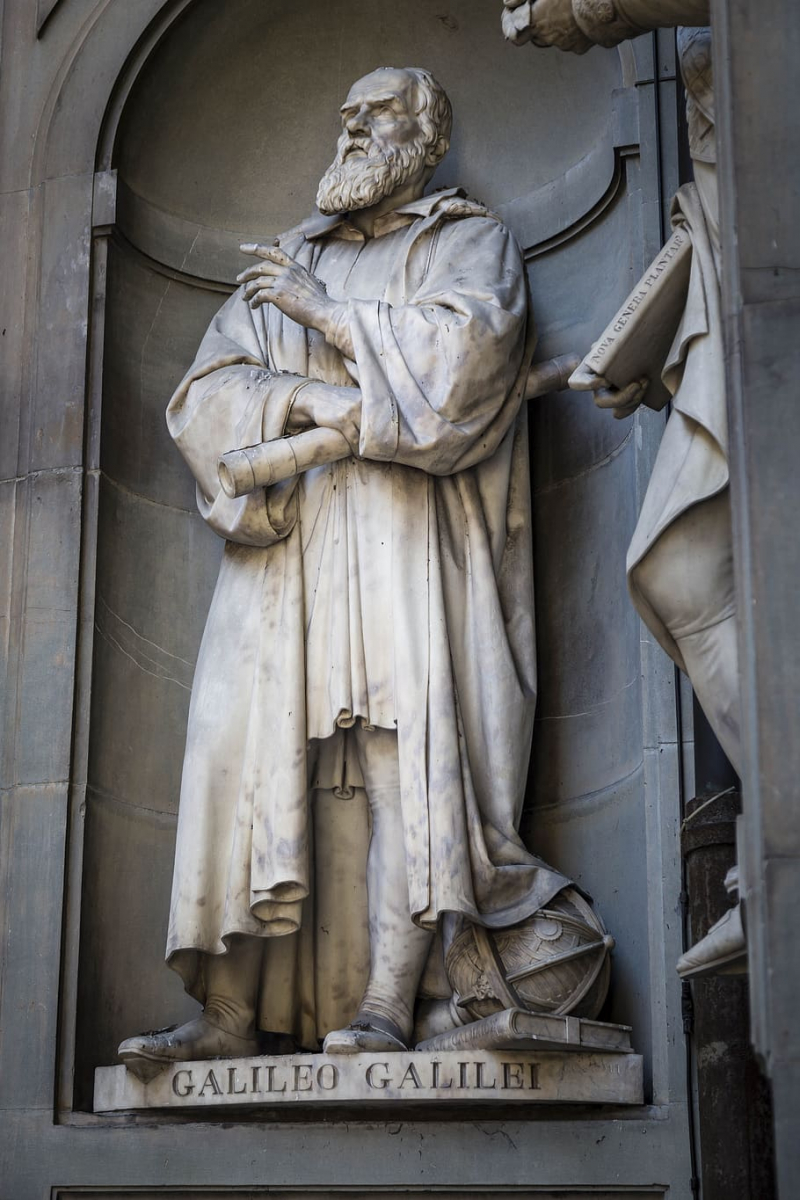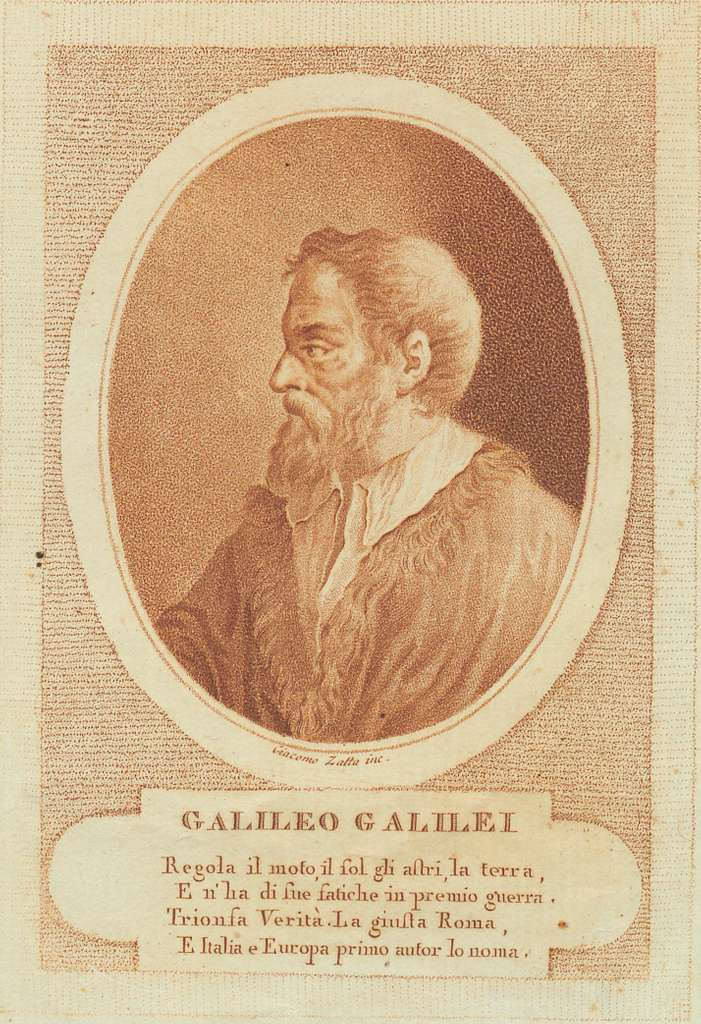Galileo Galilei
Italian astronomer, physicist, and engineer Galileo Galilei was frequently referred to be a polymath. The scientific method, modern-era classical physics, observational astronomy, and contemporary science have all been credited to Galileo.
Galileo engaged on practical science and technology, detailing the characteristics of pendulums and "hydrostatic balances" in addition to studying speed and velocity, gravity and free fall, the theory of relativity, inertia, and projectile motion. He developed the thermoscope, created several military compasses, and made use of the telescope to make studies of celestial objects for science. Telescopic confirmation of Venus' phases, observations of Jupiter's four biggest satellites, observations of Saturn's rings, and analyses of lunar craters and sunspots are only a few of his contributions to observational astronomy.
Galileo's promotion of Copernican heliocentrism-the idea that the Earth revolves around the Sun on a daily basis-was opposed by the Catholic Church and certain scientists. The Roman Inquisition looked into the issue in 1615 and came to the conclusion that heliocentrism was wrong, ridiculous, and heretical since it went against Holy Scripture.
In Dialogue Concerning the Two Chief World Systems (1632), Galileo later defended his ideas. This work appeared to criticize Pope Urban VIII, alienating the Pope and the Jesuits, who had previously backed Galileo. When the Inquisition tried him, they declared him to be "vehemently suspect of heresy" and had him retract his statements.
Born - Died: 1564-1642
Field: astronomical, physical, and engine
Important contributions: Studied speed and velocity, gravity and free fall, the principle of relativity, inertia, and motion of projectiles















